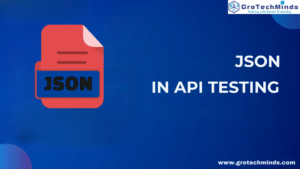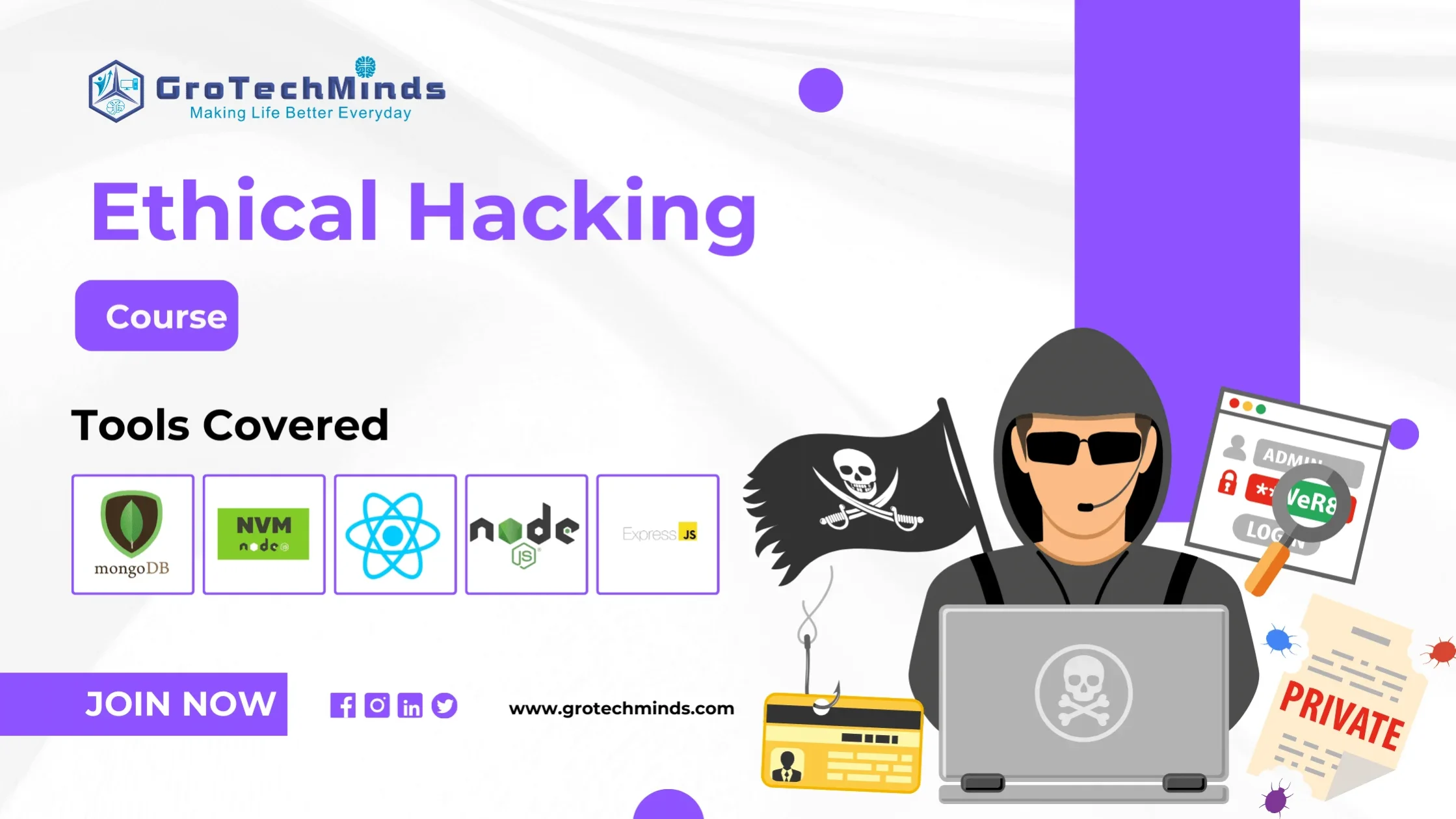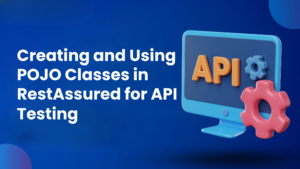

In the ever-changing world of software testing, it’s easy to get down in the technical details. But here’s the thing: behind every successful test suite and bug fill is a tester who is not only skilled at debugging, but also a master of the softer skills of communication, teamwork.
So, welcome to our little corner of the internet, where we’re all about understanding the secrets of behavioural and soft skills among software testers. Whether you’re just putting in into the QA it or a seasoned pro seeking to improve your game, consider this your virtual circle where we can swap stories, discuss thoughts.
Answer: I recently graduated from ABC College of Engineering with 75% in EC branch. Throughout my academic journey I was one of those students in my batch who took a Software Testing Course during my fourth year engineering and I am very eager to learn and grow in the field of Software Testing.
Answer: My own brother who is in the same field motivated me to be the Software Tester because of its crucial role in ensuring quality and performance in software products.I have seen my brother’s career growth over the last few years that really motivated me to choose a career in Software Testing.
Answer: When faced with stressful situations or tight deadlines, I prioritise tasks based on urgency and importance. I break down complex projects into smaller, manageable tasks and create a detailed plan to stay organised and focused. Additionally, I maintain open communication with my team to address any challenges or obstacles that may arise and seek support when needed.Parallely I keep the update of every task that I will be doing to my seniors.
Answer: During my course on Software testing, I worked on a project where we encountered a critical issue in the software just before my final exam. Despite the pressure, I remained calm and focused on identifying the root cause of the problem. We did meeting with developer and did impact analysis meeting to understand how this would be fixed by the developer withoutdisturbing the already working modules. I also ran regression test cases to overcome the last min hurdle with peace and calmness.
Answer: In a group project, my team encountered a disagreement regarding the testing approach for a particular feature. To resolve the conflict, I facilitated an open discussion where each team member could voice their concerns and perspectives. Through active listening and open dialogue, we were able to reach a very good unified testing strategy that met the project requirements.
Answer: When faced with multiple deadlines, I prioritise tasks based on their urgency, importance, and impact on project milestones. I create a prioritised task list and allocate time and resources accordingly. Additionally, I regularly communicate with my scrum master or QA Manager to ensure alignment on priorities and address any potential blockers if any.
Answer: During my recept 4 months old project, I took the initiative to organise regular scrum team meetings and establish clear roles and responsibilities for each team member. I encouraged and had open communication, ensuring that everyone felt valued and empowered to contribute their ideas and expertise. I also keep bug triage meeting regularly after every 3 sprints with my scrum master.
Answer: To stay organised and ensure tasks are completed on time, I utilise a combination of time management techniques,project management tools and Automation Scripts. I break down projects into smaller, manageable tasks and create a detailed timeline with deadlines for each task. I regularly review my progress and adjust my schedule as needed to stay on track. Additionally, I prioritise tasks based on their importance and impact on project milestones, ensuring that critical tasks are completed first to avoid last minute hurdle.
Answer: During an internship, the project requirements underwent significant changes due to client end moment priorities. To adapt to the changes, I quickly assessed the impact on our testing efforts and collaborated with my team to develop a revised testing strategy. I communicated the changes to my team and ensured that everyone was aligned on the updated requirements. By remaining flexible and proactive, we were able to successfully implement the changes and deliver a high-quality product.
Answer: In a group project, we encountered a challenging technical issue like database migration that required collaboration across different teams which I had in my previous company like accounts team,b22 team,b2b team,mobile app team etc. I facilitated communication and coordination between team members, ensuring that everyone was aware of their roles and responsibilities. By fostering a collaborative environment and leveraging each team member’s strengths, we were able to overcome the blockers and achieve our project goals.
Answer: I see criticism as an opportunity for growth and improvement. I actively listen to feedback, reflect on it, and identify areas where I can enhance my skills or performance. I maintain a positive attitude and approach feedback with an open mind, recognizing that it is essential for personal and professional development. Additionally, I seek clarification if needed and take proactive steps to address any areas of improvement identified. I make sure there is open communication for the same.
Answer: In my last organisation everytime testers used to waste a lot of time in doing full regression testing which somewhere I felt can be minimised by conducting a meeting called an impact analysis meeting. So without being asked I started doing an impact analysis meeting after every bug fix by the developer before doing regression testing. It really saved our time to finish the regression testing.
Answer: In a previous role, I was required to learn a new test automation tool to enhance our testing process. Recognizing the importance of mastering the tool quickly, I dedicated time outside of work to study its features and functionalities. I leveraged online tutorials, documentation, and hands-on practice to familiarise myself with the tool’s capabilities. Throughhard determination, I became proficient in using the tool within a short timeframe. By proactively acquiring new skills, I was able to contribute to the team’s success and improve our testing efficiency.
Answer: What I enjoy most about software testing is the detective work involved the happiness of identifying bugs. It’s rewarding to see how my work helps in shaping a more robust, user-friendly application, and it feels great to be an integral part of the development process, ensuring that the product meets and exceeds the expected standards.
One aspect of software testing that I find particularly challenging is keeping up with the rapid pace of technological advancements and the constant evolution of testing tools and methodologies. The tech field is dynamic, and new testing frameworks, programming languages, and development methodologies emerge regularly. This requires me to be in a continuous state of learning and adapting. While it’s challenging, it’s also a part of the job that I deeply appreciate, as it pushes me to grow professionally.
Answer: In a previous project, my team was responsible for delivering a new software feature within a tight deadline. During the planning phase, a colleague and I had a disagreement over the testing approach to be used. I believed in implementing automated testing for most of the features, arguing that it would be more efficient and reliable, especially given the tight timeline and the repetitive nature of the tests required. My colleague, however, was in favor of manual testing for a significant portion of the project, believing it would be more thorough for this particular feature, despite being more time-consuming.
Recognizing the importance of maintaining a collaborative team environment and finding the best solution for the project, I proposed that we take a step back and evaluate our options based on a few key criteria: Time, Productivity utilisation, the project timeline. We agreed to each develop a brief proposal outlining the benefits of our preferred testing method, including potential risks and how to mitigate them.
We then presented our proposals to the rest of the team, inviting feedback. This discussion was incredibly valuable; it not only allowed us to hear different perspectives but also to consider aspects of the testing strategy we hadn’t fully appreciated before. Ultimately, we decided on a hybrid approach that combined both automated and manual testing.
In conclusion, learning behavioural and soft skills is essential for software testers to succeed in their roles. Testers that excel at communication, problem-solving, and attention to detail may effectively collaborate with team members, perform high-quality work, and contribute to the overall success of software projects. Whether you are a newcomer tester trying to expand your skill set or a seasoned professional looking to further your career, putting time and effort in developing these skills will surely set you apart in the competitive industry of software testing. Accept the opportunity to develop and expand your knowledge in behavioural and soft skills in Software Testing Interview Questions , and watch your career fly to new heights in the exciting world of software testing.
Consult Us


















